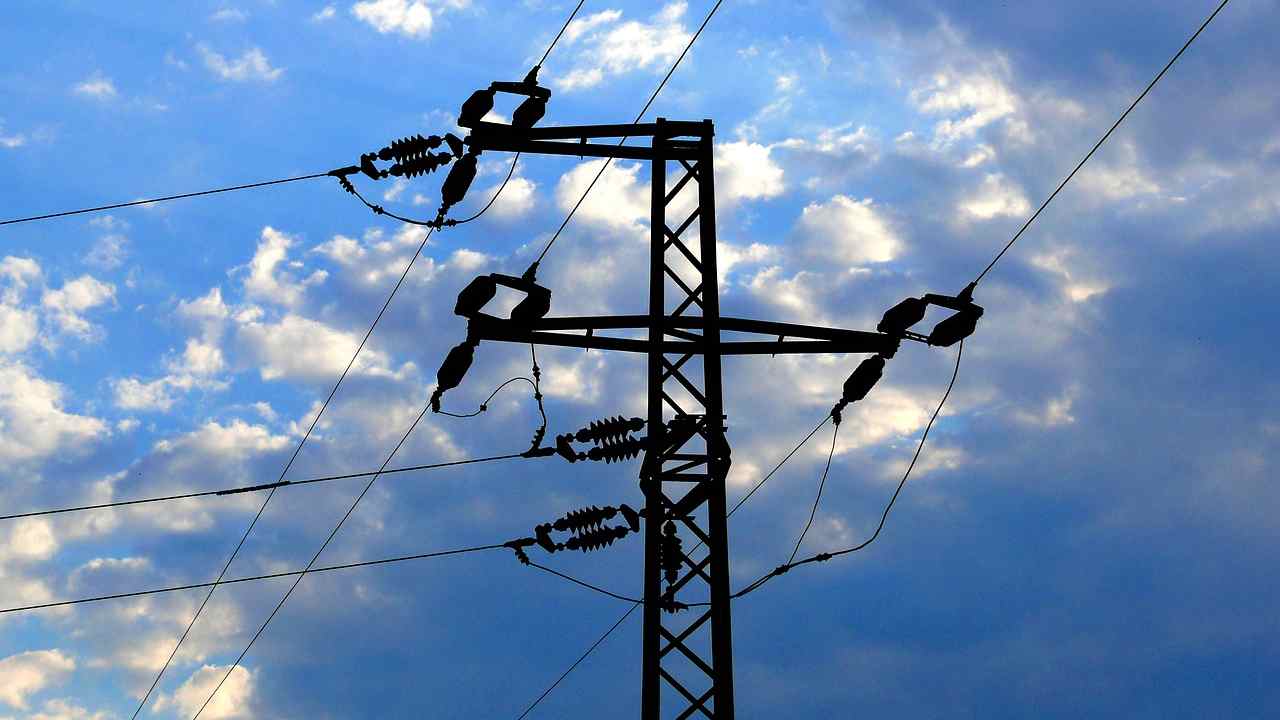To address and combat climate change, as well as to provide a roadmap to achieve net-zero by 2070, India submitted its updated Nationally Determined Contribution (NDC) on August 26, 2022 with enhanced commitments to generate green power, stated the Ashwini Kumar Choubey, Minister of State for Environment, Forest and Climate Change, in the Lok Sabha.
As per updated NDC, India has an enhanced target to reduce emission intensity of its GDP by 45% by 2030 from 2005 level, achieve about 50% cumulative electric power installed capacity from non-fossil fuel-based energy resources by 2030. India has also submitted its Long-Term Low Carbon Development Strategy on November 14, 2022 under the Paris Agreement, to the United Nations Framework Convention on Climate Change (UNFCCC).
The Apex Committee for Implementation of Paris Agreement (AIPA), an inter-ministerial group, was set up on November 27, 2020. Its functions include coordination, communication and reporting of Nationally Determined Contribution (NDC) to the United Nations Framework Convention on Climate Change (UNFCCC) ;to monitor, review and revisit climate goals to fulfil the requirements under the Paris Agreement; provide guidance for Action Plans under different climate related Missions, etc.
In its first meeting held on March 24, 2021, AIPA had deliberated on carbon trading scheme for energy sector, by enhancing the scope of existing energy savings trading mechanism. In this regard, the Government has notified the Energy Conservation (Amendment) Act, 2022 on December 19, 2022.
It includes provisions for putting in place a domestic carbon market. Further, the Government has also notified the National Designated Authority for the Implementation of Article 6 of the Paris Agreement (NDAIAPA) on May 30, 2022 to develop processes and frameworks under Article 6 of the Paris Agreement for international carbon trading in India. The NDAIAPA has identified certain activities for trading of carbon credits under cooperative approaches under the Paris Agreement. However, no administrative infrastructure for monitoring of carbon emissions has been created in partnership with the World Bank.


























